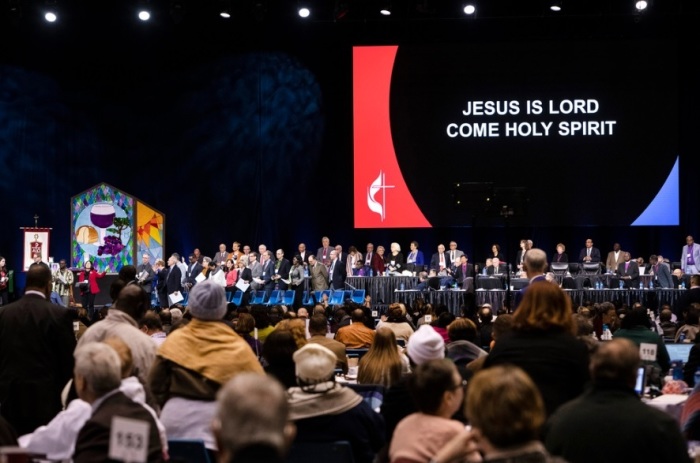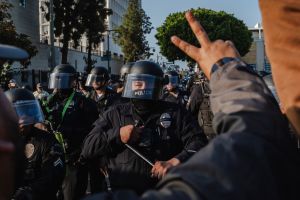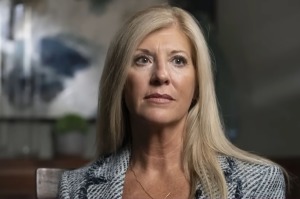UMC finds improper voting at General Conference on LGBT issues; may affect result of disaffiliation measure

The United Methodist Church has found that a measure allowing churches to leave the denomination over its stance on LGBT issues was likely passed through improper voting.
A meeting of the Commission on General Conference held last week concluded that there was “credible objective evidence” that four people who were not eligible to vote on the gracious exit measure were able to cast a ballot, according to the United Methodist News Service.
This number is significant since the measure in question only passed by a two-vote majority, meaning that the vote might be nullified as a result.
Bishop Thomas J. Bickerton, who represented the Council of Bishops on the Commission and is head of the New York Conference, told UMNS that they were not releasing the names of those who voted despite being ineligible.
“When you are dealing with allegations, they may or may not be factual in nature so you don’t want to do any defamation of anyone’s character by inappropriately saying certain things,” stated Bickerton.
In February, the UMC held a special session of General Conference to try and resolve the mainline Protestant denomination’s longstanding debate on LGBT issues.
The delegates voted to uphold the denomination’s stance labeling homosexuality “incompatible with Christian teaching” and also passed measures meant to more strictly enforce rules against the ordination of noncelibate homosexuals and clergy performing same-sex weddings.
Another measure passed at the special session was Petition 90066, which allowed for a more gracious dismissal for congregations opposed to the UMC’s official position.
In March, the UMC Executive Committee of the Commission on the General Conference announced that a “very limited number” of people not allowed to vote got to cast ballots at the special session.
“… an in-depth review was initiated to prepare the delegate attendance records as required by the rules of the General Conference. The secretary, along with the business manager, General Conference staff and an independent auditing firm, cross-checked credential cards, name badge bar code scans, attendance forms, reserve delegate seating forms and other resources,” reported the executive committee earlier this year.
“Upon completion of the review, it appears possible that a very limited number of ineligible persons who were correctly denied credentials by General Conference staff were later able to procure them.”
While the number of eligible votes was not large enough to affect the upholding of the denomination’s traditional views on homosexuality, Petition 90066 passed by a very narrow margin of 402-400.
The Commission wants the denomination’s highest court, the United Methodist Judicial Council, to rule on the legality of the disaffiliation measure in light of their findings, according to UMNS.



























